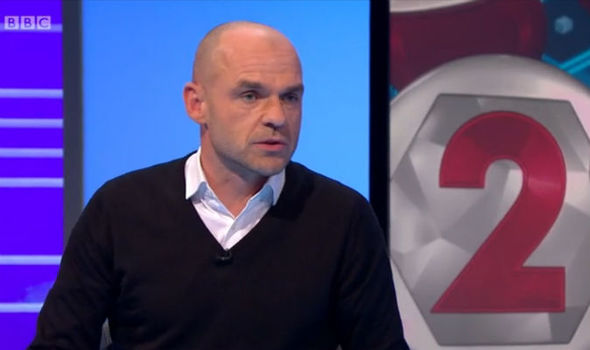It’s always very sad when you understand that former professional footballers have succumbed to a form of addiction.
Players that were once the darling of the terraces are reduced to shells of themselves through either a propensity to sink unbelievable amounts of alcohol, or for doing hard drugs.
Back in the 1970s and 80s, the ‘drinking culture’ that was prevalent was an accepted way of doing things, though all that seemed to change overnight when Arsenal signed Arsene Wenger.
Danny Murphy’s cocaine habit after he left Liverpool
Urbane and elegant, Wenger was a breath of fresh air for the Premier League, and his ways of doing things were soon adopted once the Gunners started hoovering up trophies.
Though it’s been a while since he played professionally, former Liverpool ace, Danny Murphy, has opened up on taking drugs after retiring from the game, and when you hear him talking, the whole professional footballer facade is stripped away.
“It was coke with me, I had a spell on cocaine and smoking some weed. The drink, I could live without it. I wasn’t an alcoholic. I could sit in a house with alcohol and not drink it,” he said on the Ben Heath Podcast.
“For a while, I was [addicted to cocaine], because I got to the point where I didn’t feel like I could do things without it, which was nonsense, of course I could.”
 Danny Murphy has opened up about a previous cocaine habit.
Danny Murphy has opened up about a previous cocaine habit.It brings into sharp focus once again some of the issues that footballers face when they hang up their boots for good.
When the adulation that they were used to week in and week out is no longer there.
It’s a huge come down for many ex-pros, and unless they’ve got their head screwed on right, having so much money – from their career – and time on their hands is a dangerous cocktail indeed.

Murphy’s story is likely the tip of the iceberg, and it will be interesting now that he’s been so open about his experiences, whether any other ex-professional players will step forward and be brave enough to tell their story.
In so doing, they can only help others who perhaps suffer in silence, too embarrassed to tell their friends and family what it is that’s troubling them.

.png) 8 months ago
34
8 months ago
34 

